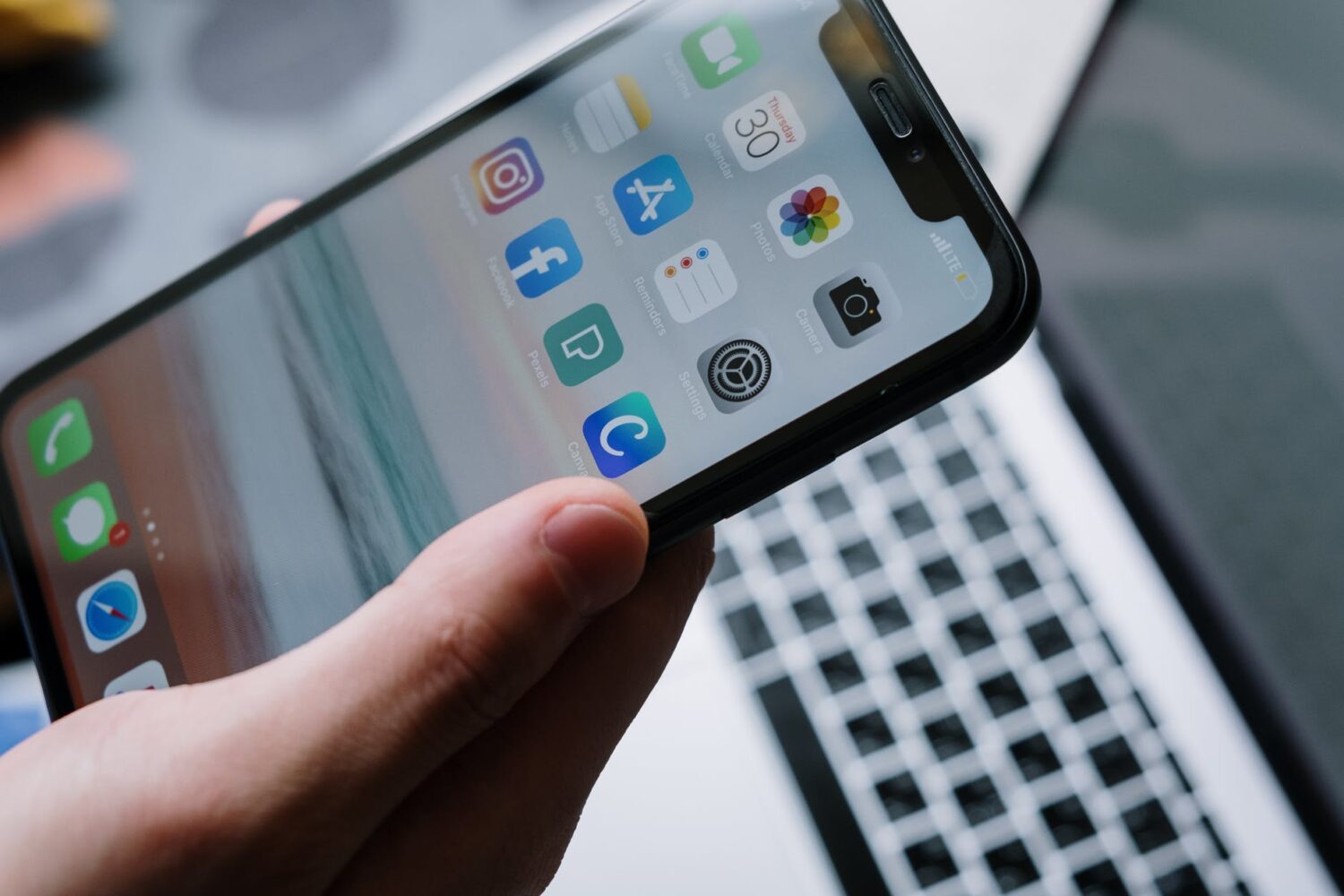
What Is Involved in Border Searches of Electronic Devices by CBP?
In a previous article (“What Are Your Rights in U.S. Airports and Ports of Entry?”) we discussed that as part of the inspection process, U.S. Customs and Border Patrol (“CBP”) officers may search your bags and personal belongings without your permission. In a subsequent article (“CBP’s Authority to Search Phones and Laptops in U.S. Airports and Ports of Entry”), we advised that based on the foregoing search authority, CBP has taken the position that it has the ability to examine your computers, mobile phones, cameras and other digital devices, without a warrant.
What is involved in the border search process?
A Customs and Border Protection policy, implemented in 2018, permits two kinds of searches: basic and advanced.
Basic search:
- A search is allowed without any suspicion of wrongdoing.
- An officer looks through an electronic device manually.
Advanced search:
- Requires a “reasonable suspicion of activity in violation of the laws enforced or administered by CBP” or a “national security concern.”
- The officer connects external equipment to the device in order to review and sometimes copy its contents.
The above policy also provides clear protocols for the handling and review of the information found during such searches. It also allows for sharing any information found during such searches with other federal agencies, state and local law enforcements, and foreign governments. It does not clearly outline the manner and/or length of storage of the collected material.
CBP has taken the position that border searches of electronic devices are “a crucial tool for detecting evidence relating to terrorism and other national security matters” and “can also reveal information about financial and commercial crimes.” Opponents of border searches of electronic devices find such practices simply unconstitutional. They accuse CBP of using the border to get around the Constitution.
As we previously discussed, until the U.S. Supreme Court clarifies whether such search practices are legal, CBP agents will continue to operate under their current policy. We will keep you informed of any developments in this area.
For more information about electronic device searches at the border, or any other immigration matter, contact the Law Offices of Azita M. Mojarad, P.C. by e-mailing azita@azitalaw.com or calling (312) 641-0771.



